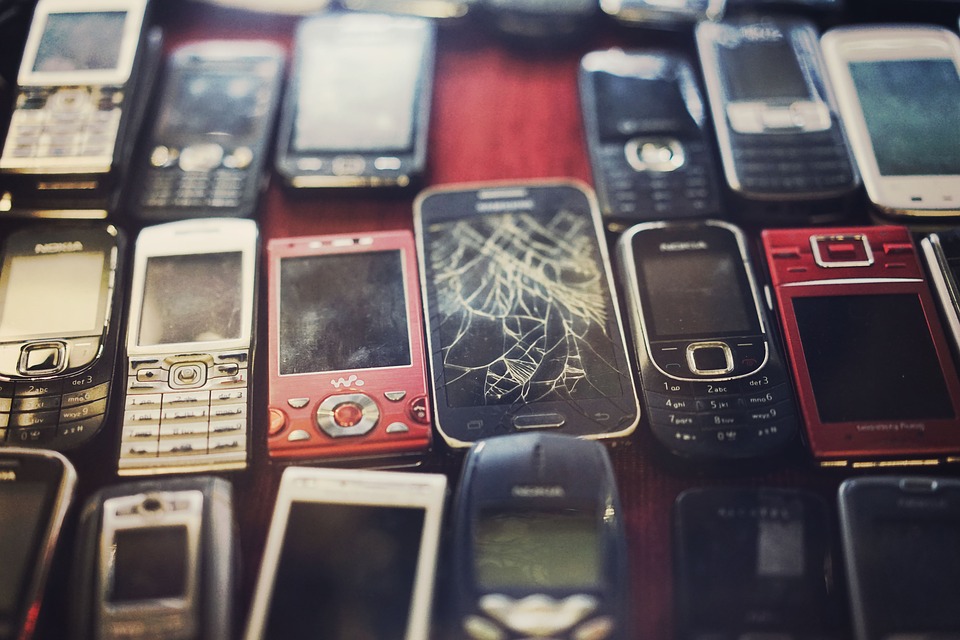Batteries run most of the wireless technology we use today. However, Mother Nature suffers in exchange. Bidi Vapor with its BIDI® Cares program realizes this and has committed to promote sustainable practices.
The Golden Age of the Battery
Batteries make our electronic goods and gadgets function, giving us the convenience, mobility, and efficiency that we need in these times. Because of these power sources, we can do any tasks at any time of the day without the messy wires.
The demand for batteries is at an all-time high that by 2025, it is expected that the lithium-ion battery market will reach $100 billion. The range of power they offer ranges from making a simple toy come to life to make an electric car run. Thus it is no wonder that in this age of technology, batteries are considered essential.
What’s in it for Nature?
On the flipside, Mother Nature once again feels the distress arising from innovative trends to make humans comfortable, convenient and always on the go. Unfortunately, batteries are of a non-biodegradable nature. These do not decompose and stay around for many years on the ground in landfills. As they wear down over time, they leach, and toxic and hazardous chemicals seep down to the ground affecting soil and water sources. According to the 2019 World Economic Forum, discarded lithium-ion batteries are predicted to reach over 11 million tons by 2030.
Discarded batteries also pollute the environment. When they are dumped in landfills, they start to corrode, leaching chemicals into the air, soil, and water. These compounds are then ingested by inhabitant organisms in the area, poisoning them and adversely impacting biodiversity.
Carelessly disposed batteries also adversely affect humans because these batteries can also leak toxic chemicals that cause poisoning by ingestion, skin contact, or even inhalation. Metals in batteries such as nickel and cadmium are considered carcinogens, or substances that cause cancer, which can be accidentally ingested, especially by unsupervised children. Other metallic components can also be highly toxic and dangerous when touched, such as lead, or inhaled in vapor form such as mercury.
Another phenomenon that improperly disposed of batteries can cause are fires, especially in recycling facilities. “Zombie batteries,” as they are called, are discarded batteries from households that spontaneously combust if they are accidentally crushed or pierced during garbage collection. In turn, these fires pose a risk to residents, firefighters, and pollute the air in the process.
Be Mindful of Battery Disposal
Despite these dangers that batteries can cause, the good news is we can actually be mindful of how we dispose of them. Call your local government on how to properly pack your old batteries, and ask them where you can give them for recycling or proper disposal. And no, it’s never a good idea to mix them with your other trash to give to garbage collection.
Choose Companies that Care
Many companies are now mindful of how their products can be environmentally sustainable. Bidi Vapor is one such company. It understands the huge responsibility of protecting the environment against toxic wastes that leach from batteries. To start off, they created their product, the premium BIDI® Stick, to be powered by a recyclable 280 mAh UL-certified battery, which the users can recycle through the BIDI® Cares program.
If Bidi Vapor, a large company, can do it, we can definitely exert our own efforts to save the Earth from harmful battery components. Together, we can slowly heal the world, and future generations will thank us for our simple, but collective efforts.
Learn more about the BIDI® Cares program by visiting www.bidicares.com/recycling-101.

